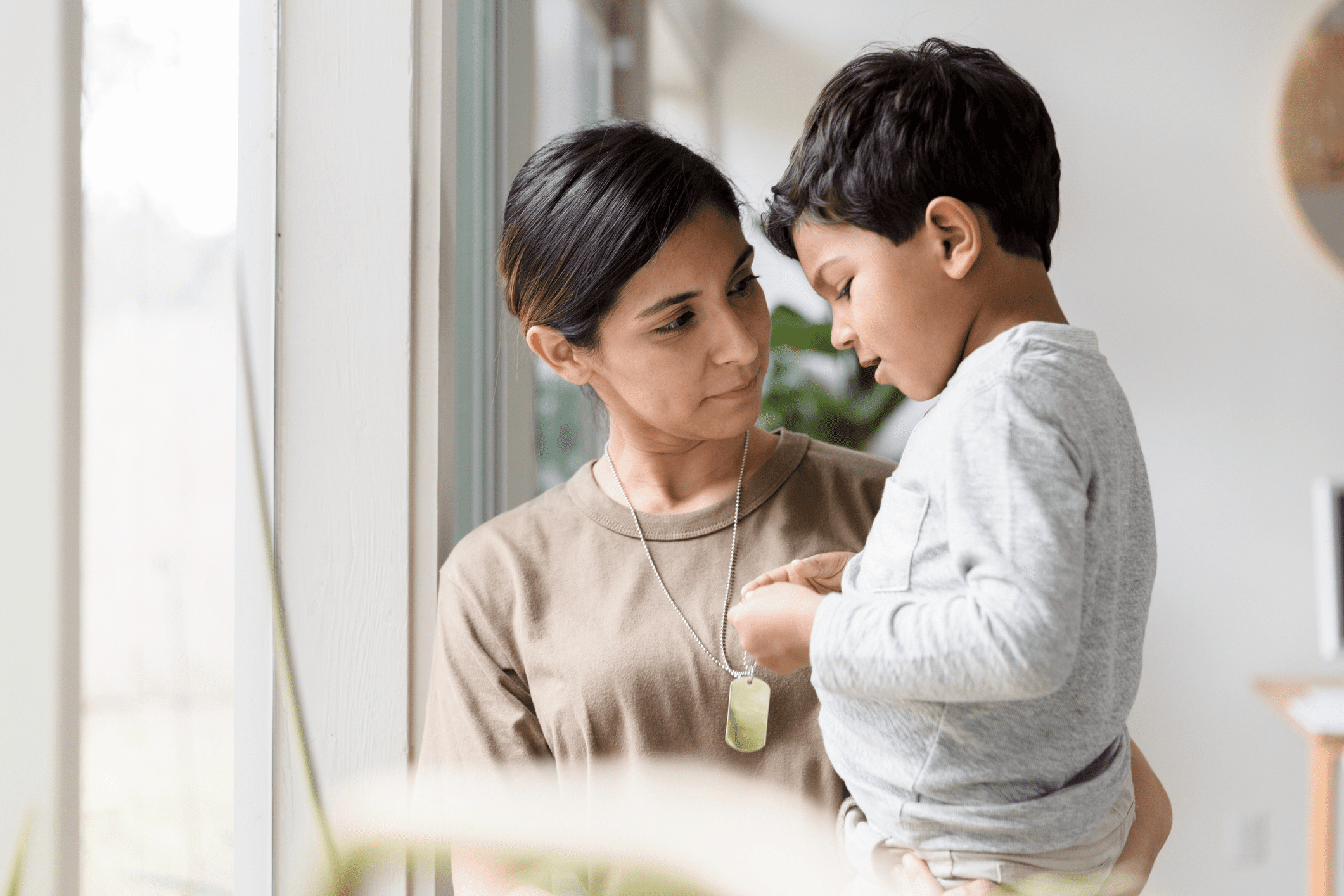Disclosure :: this post is sponsored by The Parenting Center.
How to Talk to Kids About Media Violence
There have been many stories and images in the media over the past year that have been troubling to see and hear for both adults and children. This week has been no exception. Your children may have questions about what is going on; even very young children become concerned when your emotions are high.
Here are some things to consider when talking to your children about what is going on in our country.
1. For parents of preschoolers, limit the amount of news coverage on screens or on your phone, as well as the discussion of the issues in front of kids. Young children have difficulty understanding that an event is taking place far from them and repeated exposure of pictures of people fighting are indeed frightening. Likewise, the intensity of their parents’ emotional reaction can be scary to small children as well.
2. If your young children have already seen or heard some of the news coverage, ask what they think about it and remind them that you will keep  them safe. It is also critical to reiterate that people can disagree without hurting each other.
them safe. It is also critical to reiterate that people can disagree without hurting each other.
3. For parents of school-aged children, your children may have more questions as they have more access to information on their own devices. Ask them what they know and how they feel about what they have heard. Share your own values and feelings with them. If you are overwhelmed, it may be helpful to discuss and process with someone else first.
4. For parents of teens, your teen may be as riveted as we are as adults. Since they get news from a lot of different sources, this is a good opportunity to discuss how to find credible news sources. Be prepared to talk about events of the past few weeks and months that led up to the actions at Capitol Hill on Wednesday. Talk with your teen about taking care of oneself by taking media breaks and then practice what you preach.
As Fred Rogers said, “What’s mentionable is manageable.” Difficult and stressful conversations are good opportunities to help children manage emotions and problem solve, through modeling and communication.
To get more ideas about what questions to ask your child at different ages check out the Common Sense Media article “Talking to Kids about Violence at the U.S. Capitol” by Diane Jones Lowrey.
You can also contact a Parent Educator at The Parenting Center at Children’s Hospital New Orleans Monday – Friday 9:00am – 4:00pm at (504) 896-9591 or you can email us at [email protected] with questions.
Monet Somerville, MS, Parent Educator
The Parenting Center at Children’s Hospital New Orleans
Monet received her Bachelor’s of Arts in Psychology from North Carolina Wesleyan College. She then went on to receive her Master’s in Science in Psychology with a Concentration in Child and Adolescent Development from Capella University. She is currently pursuing her PhD in Developmental Psychology with a Concentration in Child and Adolescent Development. Monet is also a licensed Trust Based Relational Intervention Practitioner.
Prior to working to The Parenting Center, Monet worked as a Case Manager in a residential facility for adolescent girls who were in foster care but were unable to be placed in a foster home. She also taught foster parents about child development and the impacts that positive parenting can make on a child.
















